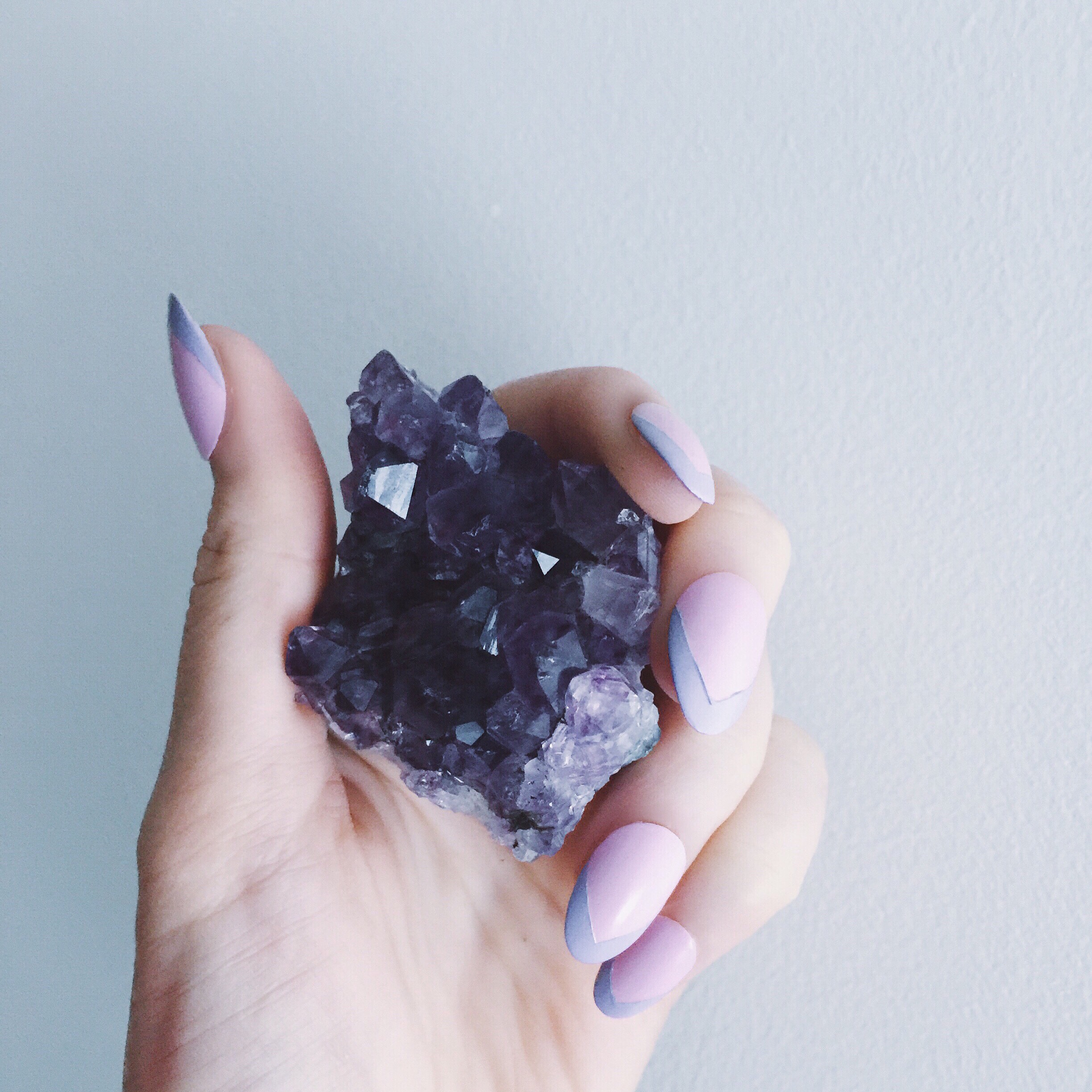“Wellness” has become a surging industry as consumers become more savvy with the ingredients they consume, products they utilize and how to best live a happy and healthy lifestyle. Many wellness products and practices are indeed rooted in cultural traditions which have been continuously passed down through generations and now shared widely today. For instance, Yoga originated in India, crystal healing dates back to ancient Mesopotamia, gua sha is a form of traditional Chinese medicine, Shea Butter is sourced from Africa, rice water from the Yao community, and the list goes on. These valuable techniques have influenced the way society views wellness as a whole, improving lifestyles cross-culturally. It’s pretty obvious how much we’ve benefited from an array of diverse perspectives. What is the difference between wellness trend cultural appreciation versus appropriation? At what point does cultural appreciation turn into appropriation?
This idea is most often related to the fashion industry where it’s common to see a clothing line attacked for whitewashing a marginalized culture’s traditional wear– recall Kim Kardashian’s infamous “Kimono” controversy. However, cultural appropriation doesn’t just apply to clothing. It’s wrong to assume wellness brands can’t get themselves into hot water too, with many of the recent beauty trends seen on social media originating from a variety of different cultures.
Wellness brands with pure intentions can also have harmful impacts when borrowing from other cultures. The concept of accountability has recently shifted to an entirely new meaning where even the most influential brands are unable to escape it. In a progressive world that demands better practices, a system of checks and balances not only helps brands act ethically, but to also avoid the scorn of cancel culture.
Questions Every Culturally Sensitive Brand Should Ask Themselves
1. Has My Brand Given Credit Where Credit’s Due?
Acknowledging the source of your product or service is the first step to showing respect. Being transparent with your audience is the best way to avoid any miscommunication about where the idea originally came from. More knowledge given to consumers about the topic equates to more educated decisions made on both sides. Not only does this promote awareness on the cultural significance behind the good, but it also ensures buyers don’t feel duped into participating within an exploitative system post purchase. After all, consumers drive demand and there is an abundance of different suppliers for people to choose from in today’s market. Honesty really is the best policy as people are more likely to stick to trusted brands that disclose information upfront, not when later called out.
2. How Does My Brand Offer Support?
Actively supporting the community expresses genuine intent behind your message. Taking the things that only profit your brand while ignoring major sociocultural issues within that same heritage is problematic. Connecting your brand to the betterment of the people shows an invested interest for the culture as a whole. An especially prevalent example of this today involves the mass production of traditional eastern beauty tools while the AAPI community struggles to combat anti-Asian hate crime. More and more companies are being called out for turning these ancient beauty methods into trends while blatantly ignoring the stigma that people with that same heritage experience. Being vocal, teaming up with organizations, and taking a clear stance in support of the community helps show the real motivations behind your brand’s work.
3. Has My Brand Involved The Right People?
Involving people who are actually representative of the heritage throughout the entire production process is a big part of appreciation. Hiring people that are representative of the culture offers an opportunity for them to benefit without your brand simply hijacking an already established practice. Collaborating with people from that culture gives an authentic perspective on how to respectfully promote your product. An added bonus to employing and consulting with cultural bearers is that it gives insight on how to best use the product for optimal results. It allows you to understand the correct use of the product before sharing it with consumers, while making sure the message is aligned with proper context.
4. Does My Brand Promote A Stereotype ?
While keeping authenticity in mind, there is a clear difference between promoting cultural work and encouraging a clichéd image. Appropriate verbiage is key in order to avoid misrepresenting the culture through harmful stereotypes. Steer clear of words that exotify the culture or depict it as some type of whimsical illusion. If you do intend on using a different language, make sure to consult with native speakers who can ensure the terminology used is what you actually mean. It is your responsibility to portray the product accurately in lign with the culture, and not create a false narrative presented as a selling point.
Do It Right
It’s natural to be influenced by other cultures in an age that has access to so much information. Wellness can be sourced from every part of the world to enrich people’s lives, and it is reasonable to want to share it.
Enlisting a team to help curate a culturally sensitive approach for health and wellness brands can obviously prove to be beneficial as there are many factors that need to be considered. Consider reaching out to those who have experience within the wellness industry when it comes to promoting your brand.
Our niche focus is social media marketing for wellness brands; if you’d like to connect with us on a free 30 minute strategy call, book here.

